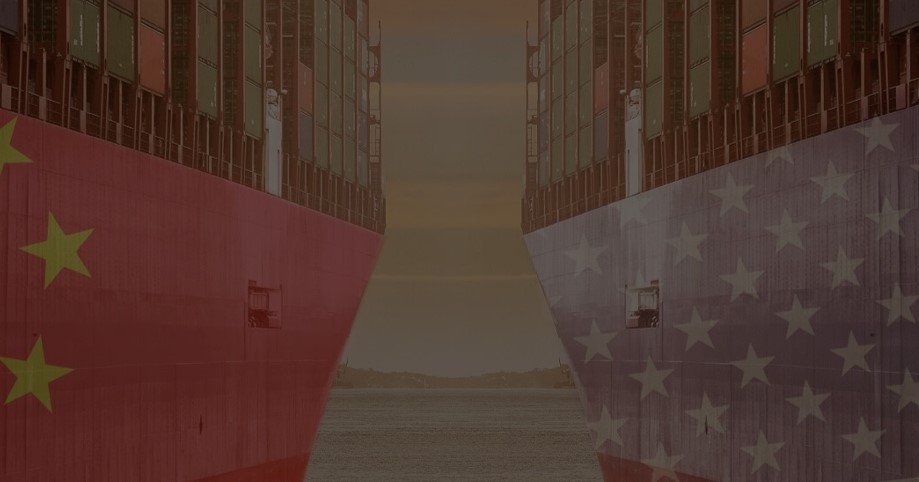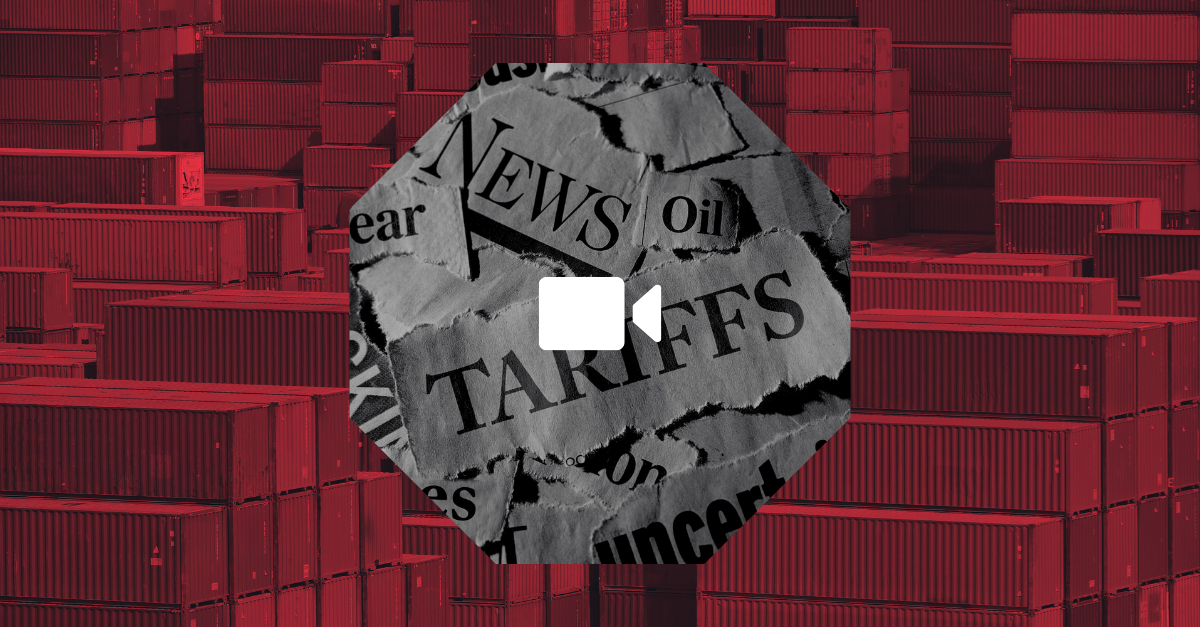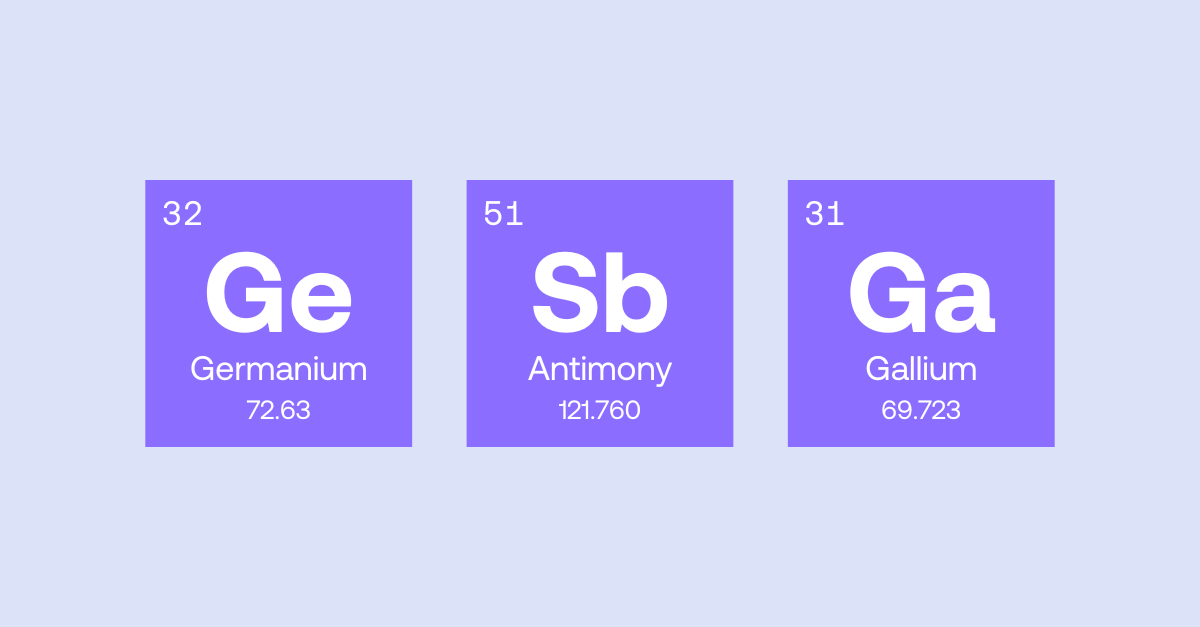Introduction
China has imposed export controls on antimony, a critical mineral essential for various industries, including defense, energy, and electronics. The implications are urgent for supply chain, compliance, manufacturing, and risk management leaders, as China is the world’s dominant supplier of the critical mineral.
Since antimony plays a key role in the production of many products like batteries, ammunition, and semiconductors, this new policy, effective Sept. 15, is likely to disrupt global supply chains and production workflows.
This article will explore the details of China’s antimony export restrictions, assess the potential impacts on global supply chains, and provide guidance on how organizations can effectively manage risks and navigate the possible disruptions.
What Is Antimony?
Antimony is a critical mineral valued for its flame-retardant properties, hardness, and resistance to corrosion. It is used in a range of industrial applications, from lead-acid batteries and ammunition to flame-proofing materials, semiconductors, and cable sheathing. In defense, antimony is essential for producing armor-piercing bullets, military-grade electronics, and protective coatings for equipment, making it indispensable to national security.
Antimony is typically mined in combination with other elements, most often gold. It is extracted primarily from stibnite, an antimony sulfide mineral. Refining and processing stibnite into antimony is a complex process requiring advanced techniques to ensure high purity. China is the world leader in antimony mining and processing, accounting for 48% of global production and 63% of U.S. antimony imports.
Understanding the Export Restrictions and Supply Chain Impact
China’s recent export controls apply to six specific antimony-related products. These restrictions are part of a broader strategy to tighten its grip on critical mineral markets, ensuring domestic availability for Chinese manufacturers while limiting access for international competitors. The targeted antimony products include refined antimony, antimony trioxide, and antimony metal, all of which are crucial inputs for a range of high-tech and defense applications.
The restriction follows similar export controls for the chipmaking metals gallium and germanium last year. Global production of both metals is also dominated by China.
Total Antimony Mining Production in 2023,
via DDIQ Analytics
Globally, the antimony market is already tight, with limited alternative suppliers outside of China. This concentration risk means that any significant reduction in Chinese exports could lead to price volatility, supply shortages, and production delays for companies reliant on this mineral. Nations such as Russia, Bolivia, and Tajikistan also produce antimony, but they lack the capacity to meet global demand, especially in the face of reduced Chinese exports.
Supply chain leaders must understand the scale of China’s dominance in the antimony market. With China controlling such a large portion of the global supply, disruptions to antimony availability could have cascading effects across multiple industries, from automotive and electronics to defense and energy.
How to Prepare and Manage the Risks
Facing the threat of supply chain disruptions, organizations can take steps to assess their vulnerabilities and build resilience. Here are some ways to mitigate risks and navigate the challenges posed by China’s antimony export controls:
Not all products and components that rely on antimony are of equal importance. It is essential for procurement leaders to rank affected products by their criticality to operations. This prioritization will allow organizations to focus on securing supply for the most vital materials and products first, minimizing the potential impact on core business functions, military readiness, and national security.
Organizations should not wait for disruptions to occur before acting. Engaging in strategic sourcing now will allow businesses to identify and secure alternative suppliers, stockpile critical materials, or explore material substitution. This proactive approach will help mitigate the risk of shortages and production delays when the full impact of China’s export controls becomes evident.
Advanced Technology for Item-
Level Visibility and Risk Management
Exiger’s advanced technology in the 1Exiger platform delivers the kind of supply chain intelligence and multi-tier visibility that can help organizations navigate risks due to antimony export controls. For example, our recent supply chain analysis for a large customer revealed over 11,000 antimony-laden parts from over 1,000 vendors in their supply ecosystem.
The challenge of finding critical mineral content in an organization’s engineering is a complex task, where requirements are often contained in a complex network of documents or drawings — where one document references another, which references others. Finding these requirements is tedious, time-consuming, and prone to error. Exiger’s AI-driven Part Attribute Characterization process provides the complete “thread of requirements” from a set of documents or drawing notes, identifying both direct and indirect dependencies that are not often visible to the human eye.
Recent acquisitions of Versed AI and XSB have enhanced Exiger’s capabilities to deliver multi-tier supply chain visibility and item-level provenance.
“Exiger’s recent acquisitions have brought hyper relevant product-level depth to our existing solution,” says Derek Lemke, SVP of Product Level Intelligence. “Our advanced and non-evasive AI technology can learn from your engineering systems and technical data packages — mapping the complexities between specifications and disconnected documents to trace your exposure down to the parts, materials, and processes that matter most across your extended supply chain network.”
Exiger is also working with DARPA’s Open Price Exploration for National security (OPEN) program to enhance supply chain resilience and national security through the development of technology that improves transparency in critical commodity pricing and supply, demand, and capacity forecasting.
China’s decision to impose export controls on antimony highlights the increasing geopolitical risk associated with global supply chains. Organizations that rely on antimony must act now to assess their vulnerabilities, diversify their supply chains, and engage in proactive risk management.
Contact us to learn more about how Exiger can help you manage supply chain risks and build resilience.
Learn more
Exiger can help you manage supply chain risks and build resilience.











